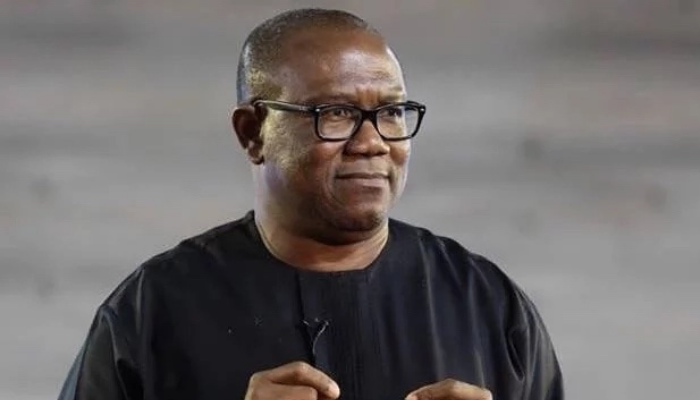This is according to his statements at the 20th Annual President’s Dinner of the Lagos Business School Alumni Association (LBSA A) held in Lagos recently. Obi spoke on the theme: “Creating an Enabling Environment for Business in Nigeria”. In his statements, he said power generation is one of the top three priorities for his administration.
Referencing Nigeria’s power generation, Obi said bolstering power generation will be imperative and he intends to ensure a clear measurable increase of 200% of the country’s current generation, transmission and distribution, within the shortest possible time through public-private partnerships. Obi said:
- “The top three priorities are Power generation, Roads, and Heavy Haulage Railway network. First, we will realize these by using current oil earnings to invest in critical physical and human infrastructure, while intensifying domestic resource mobilization for recurrent expenditure.”
The 5,000 MW limit: Nigeria’s power generation peaked at 5,043.4MW on the 1st of September 2022. Stakeholders have said that the country has been circling 5,000 MW of power, which is not nearly enough for the country’s population (households and businesses).
Obi’s approach: According to Peter Obi, his administration will support the private sector to invest aggressively in the power chain through a multifaceted approach, particularly the transmission infrastructure. He said although power generation and distribution components have been privatized and liberalized, leaving the transmission component in the hands of the government, the sector is still inefficient. He said:
- “I will therefore vigorously pursue the liberalization of the transmission infrastructure in addition to a robust power mix- embedded power and renewable energy.”
Future power systems: It is instructive to understand, however, that for the success of future power systems, a lot of projections need to be considered to truly close the huge power demand and supply deficit in Nigeria. The International Energy Agency (IEA), in its latest World Energy Outlook (WEO) released in October 2022, says that copper, silicon, lithium, and other rare earth minerals are critical for the future of global power systems.
Copper is used extensively in electricity transmission and distribution grids. Also, its conductive properties make it an essential component for low‐emissions power generation technologies such as solar photovoltaic (PV) panels, wind turbines, and batteries.
Not yet a major player: The 2020 solid minerals report from the Nigeria Extractives Industries Transparency Initiative (NEITI) highlights the fact that granite, limestone, sand, and laterite were the highest contributors to the country’s minerals volume and royalty as of 2020. Nigeria is not yet a major player in the mining of copper, lithium, and silicon.
Transforming Nigeria’s power sector, especially with the addition of more renewable energy systems, will mean more reliance on critical minerals needed for the production of batteries, solar PV panels, and wind turbines, which are mostly vested in rich countries. If Nigeria was a player, it would be easy to tap into those resources for domestic use and for exports to gain some forex. However, this is not yet the case.
For the record: During the October 2022 West African Clean Energy & Environment (WACEE) Trade Fair & Conference, stakeholders said if Nigeria will tap into the off-grid power sector (renewable energy), the government and the private sector will need to work around pushing for the same objectives on what is good for the environment and sustainability.
- For the private sector to keep investing, there needs to be some form of incentive like tax credits to give the private sector the liquidity they need to keep investing in the off-grid power sector.
- There needs to be constant education of all stakeholders around the value chain – those who provide the input, and those who consume the input.












